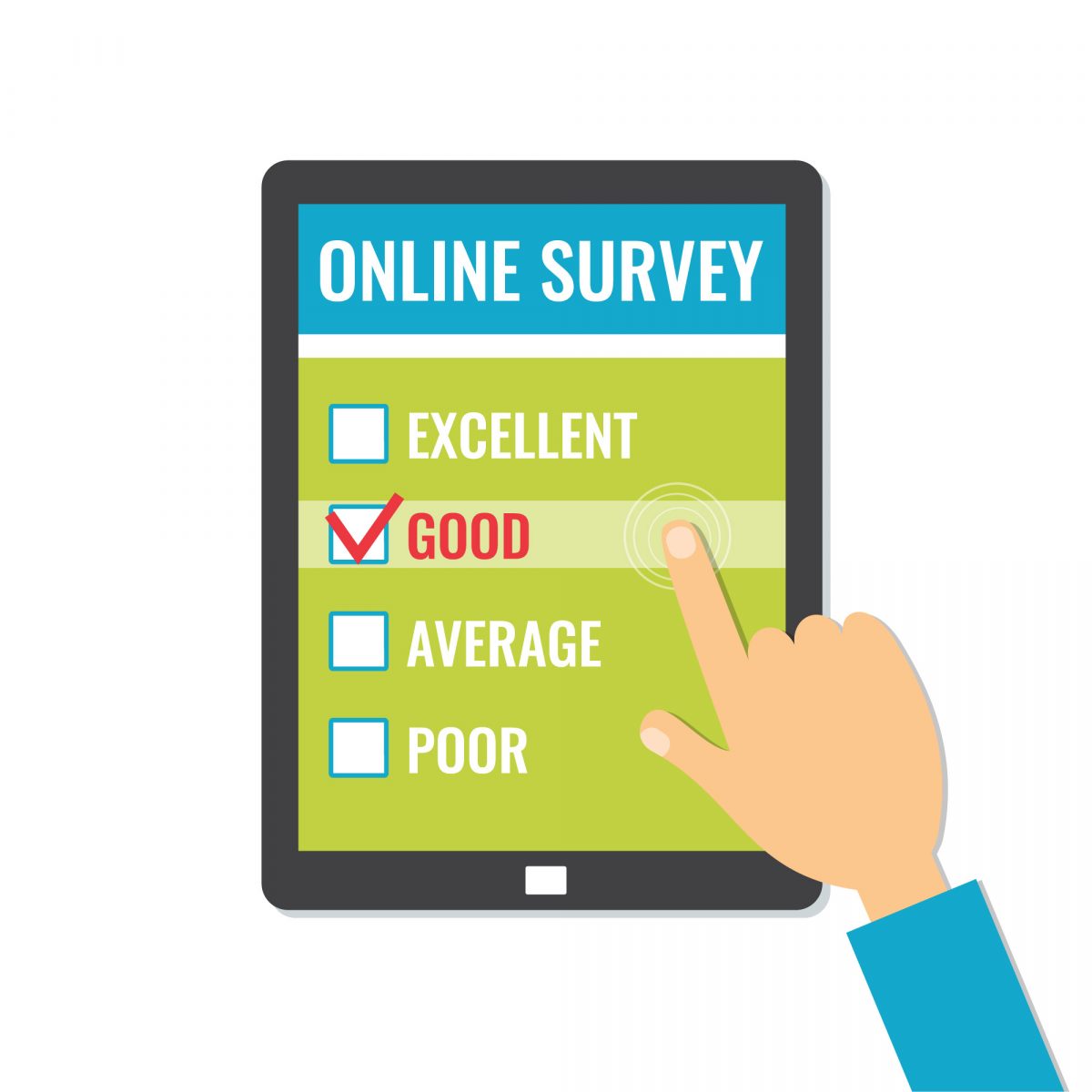Huntington’s Disease Survey by GeneFo Reports Unexpected Aspects of Patient Life
Written by |

A survey of 1,700 Huntington’s disease patients that questioned issues such as symptoms, treatment, and disease management, revealed some surprising facts that can impact how physicians and researchers view and treat the condition.
Particularly, the survey revealed that patients often lack support during the diagnostic process.
GeneFo is an online social and medical platform that offers Huntington’s disease patients disease self-tracking tools, medical resources, and an online patient community. The survey was conducted by Dr. Yael Wilnai, a geneticist who trained at Stanford University.
When patients were asked about symptoms, most reported stubbornness, personality changes, and memory deficits. Movement symptoms, the hallmark of Huntington’s, was reported by far fewer. Other common symptoms were anxiety, cognitive decline, insomnia, and irritability.
When asked about their subjective feeling, 41 percent stated that they felt tired. Anxiety and depression, which are more commonly associated with the disease than fatigue, were both reported by only 10 percent of participants.
As fatigue can be a sign of depression, GeneFo encourages patients, caregivers, and physicians to consider the information found in the survey to better understand emotional and physical manifestations of fatigue in order to receive appropriate treatment.
Fortunately, as many as 17 percent reported feeling happy and about just as many said they felt calm.
Nearly 80 percent of participants said they did not follow any particular diet, while only 22 percent said they kept to a low-carb, low-fat diet. This is troubling because researchers recommend that Huntington’s patients should consume plenty of calories and fat, particularly good fats present in food, like salmon or avocado. Eating antioxident rich vegetables and fruits are also important for patients.
Turning the focus to alternative therapies, responders ranked music, pets, and social support as the top choices over physical therapies, like massage.
Although relatively few patients reported being depressed or anxious, the survey found that patients earning less than $49,000 are nearly three times more likely to feel tired, anxious, or depressed. This is particularly worrisome because 65 percent of them had an average household income of less than $49,000.
But despite low average income levels, patients did not restrict spending for treatments such as physical and speech therapy.
One of the most interesting findings of the survey was that many Huntington’s patients did not experience any side effects from commonly used drugs.
Among Prozac and Zoloft users, 67 percent said they had no side effects. Even more patients, 82 percent, reported no side effects of the antipsychotic medication Seroquel. All participants who used the drugs Benzhexol, Norflex, or Diazepam said they had no side effects. Because the results are far lower than those reported in other patient groups, GeneFo urged Huntington’s researchers to look into a possible neurological explanation for the findings.
Finally, the survey focused on the patient’s diagnostic journey. Responses revealed that 70 percent of patients said it was harder to deal with their own diagnosis after previously caring for a family member.
Also, 64 percent of patients or caregivers said that they did not receive genetic counseling before diagnosis. An alarming 75 percent of those who did receive counseling, wished they had experienced more empathy and support.
Based on the findings, GeneFo states that they, the clinics, foundations, hospitals, and other support groups, need to reevaluate support structures to accommodate the needs of people with Huntington’s and their immediate family.
GeneFo urges clinical centers to make sure neurology, genetics, and social care units work better together to support and prepare patients during the period leading up to genetic testing.






